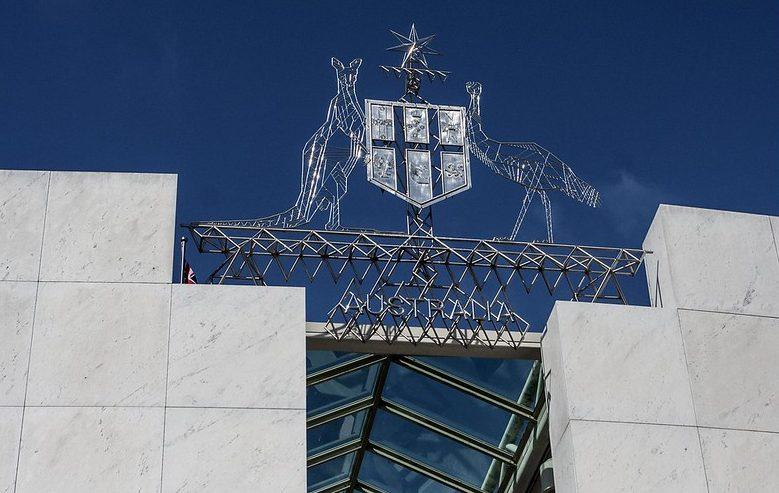
As Australia faces compounding risks to its national security, our government’s ability to handle them appropriately and efficiently will continue to be tested. One significant element of a national readiness strategy that’s missing from most discussions is civic education.
Like mathematics or English, civic education needs to be a key part of every school’s curriculum to ensure we have a politically conscious population that can make informed choices and elect those most capable of tackling the issues facing Australians.
Of growing concern to young people in particular is the climate emergency. We saw last year how concerned and vocal people can be on a problem that requires both short-term and long-term action. We need to teach future generations how to ensure their voices are heard so that they can hold the government of the day accountable. It’s long been argued that participatory democracy, where citizens are actively engaged, leads to better politics and better governance.
We can’t expect schools to teach young people everything; much knowledge flows from their parents and guardians. But civics is too important to be left to individuals to discover on their own, or not.
For example, many of us don’t know enough about the role and powers of the states and territories, even though they are crucial to the functioning of Australia’s tiers of government. When members of the Australian Defence Force were called in by the federal government to help deal with the bushfire disaster and then the Covid-19 pandemic, Australians had mixed reactions. Some celebrated the deployments, others asked why personnel weren’t deployed sooner and some questioned the ADF’s involvement in responding to domestic crises altogether. A lack of knowledge of how our federation works added to confusion when clarity and cohesion were most needed.
The coronavirus pandemic has widespread implications for trade, tourism and the broader economy, and we have witnessed the importance of tackling big issues quickly and decisively. But as a people we need to understand the fundamentals of how responsibility is shared between the Commonwealth and the states and territories. Through the haze of media reporting of infection rates, social-distancing measures and the ‘will they, won’t they?’ of school closures, the times call for clear and consistent leadership, and an education system that enables people to grasp what is being done and why.
The Australian Curriculum outlines a civics and citizenship subject for students in years 7 to 10 that covers topics such as our individual rights, how laws are made and how our system of government works. It’s an area of study that provides practical knowledge that every citizen should have.
However, under our education system, it is up to the states, territories and individual schools to implement the Australian curriculum. For instance, the New South Wales Education Standards Authority designates a set of outcomes to each learning area, and civics is split between traditional subjects like history and geography. This piecemeal approach to what should be a stand-alone subject is one reason why most young people will tell you they have no idea how our governments function.
Every three years since 2003, a sample of students from year 6 and year 10 are tested and surveyed under the National Assessment Program for Civics and Citizenship to provide an indication of the effectiveness of civic education. The most recent report, from the 2016 assessment, showed that there was still much work to be done. Most year 10 students had a less than proficient understanding of civics and citizenship, with only 38% at or above the ‘proficient’ level.
We need to move on from the view held by some that ‘politics doesn’t affect me’ or ‘I vote for them because my parents do’. We need to better equip the members of each generation so that they can make full use of their right to vote. By ensuring every student has access to a proper civic education, not only will we have better informed citizens, but young people may be inspired to step up as leaders themselves.
The next review of the Australian curriculum will be carried out this year and we need to ask where civic education will fit in. Australia will continue to face accelerating and often unpredictable challenges like the bushfire crisis and the Covid-19 pandemic. We need a population that’s ready to use its democratic rights to ensure we have the strong leaders we need to effectively guide us through those trials.